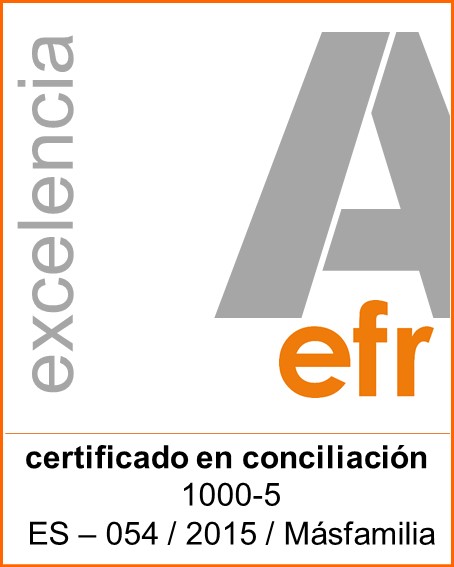Facility Management is becoming a key tool for business leadership, thanks to its holistic approach to resource management and employee well-being. For this reason, this article aims to explore how training can transform the way businesses are led, optimising efficiency and sustainability. The key lies in improving work-life balance and maximising resource value. We will detail the essential areas where FM training can positively impact business leadership.
Training as a catalyst for change
Training in FM is fundamental for developing competencies that enable business leaders to manage their resources effectively. This training encompasses not only learning about specific techniques and tools but also about team management and strategic decision-making. A robust training programme prepares professionals to tackle current challenges.
Moreover, this training should focus on developing interpersonal and leadership skills. The ability to inspire and motivate teams is essential for implementing changes within the organisation and fostering a collaborative work environment. Effective leadership in FM involves not only resource management but also creating spaces that promote the health and well-being of employees.
Integration of technology and consultancy
Digitalisation is transforming the way workspaces are managed. Technological tools allow for better planning and optimisation of resources, leading to increased operational efficiency. Leaders who invest in technology and training for their FM teams are better prepared to maximise space utilisation and reduce costs.
FM consultancy serves as a valuable resource for implementing new technologies. By collaborating with experts in the field, organisations can receive guidance on best practices and tools that align with their strategic objectives. This collaboration enables companies to adjust their approach and adopt innovative solutions that not only enhance energy efficiency but also minimise their environmental footprint.
Workplace well-being and personal balance
Work-life balance is an increasingly valued aspect for employees. Leaders in FM have the responsibility to create a work environment that supports this balance. Through efficient space management and the implementation of policies that prioritise employee well-being, it is possible to enhance employee satisfaction and productivity.
Training equips leaders in the sector with tools to design spaces that meet their teams’ needs. This includes incorporating rest areas, collaborative spaces, and utilising technologies that facilitate remote work. By ensuring that employees feel comfortable and supported, organisations can experience increased talent retention and improved workplace climate.
Evaluation and continuous improvement
Continuous evaluation is crucial for the success of any FM strategy. Leaders should implement regular reporting that measures the effectiveness of ongoing initiatives and their impact on organisational performance. These reports not only help identify areas for improvement but also assist in justifying investments in technology and training.
Furthermore, using metrics to assess energy efficiency and employee satisfaction can provide valuable insights. Based on this data, strategic adjustments can be made to optimise resource use and enhance the employee experience in the workplace.
Leading a business in today’s environment requires a strategic approach that integrates Facility Management as a fundamental tool. Through training, digitalisation, and consultancy, executives can create more efficient workspaces focused on employee well-being. For all these reasons, it can be asserted that the ability to optimise resources and improve work-life balance will contribute to organisational success and establish a model for future business leadership.









